
Exciting new series on “Voice, Body and Movement for Lawyers – How to connect with the jury and find Justice Through Dramatic Technique!”
Click here to find out more
This program will address various legal, regulatory, and policy hurdles for health care businesses that venture into social media advertising and marketing, including relationships between health care providers and social media influencers. Nixon Peabody’s national health care and entertainment team will address key issues facing innovative digital health companies and traditional health care providers when engaging in online and social media marketing.
Our discussion will cover:
• fraud and abuse restrictions on referrals, including the federal Anti-Kickback Statute and the Stark Law;
• truth-in-advertising laws, including guidance from the Federal Trade Commission;
• state laws impacting advertising of physician services;
• evolving policies from social media companies, including Facebook’s recent changes to its policies around prescription drug advertising for online pharmacies, telehealth providers, and pharmaceutical manufacturers; and
• key considerations for content creators and influencers using these platforms to market health care services and products.
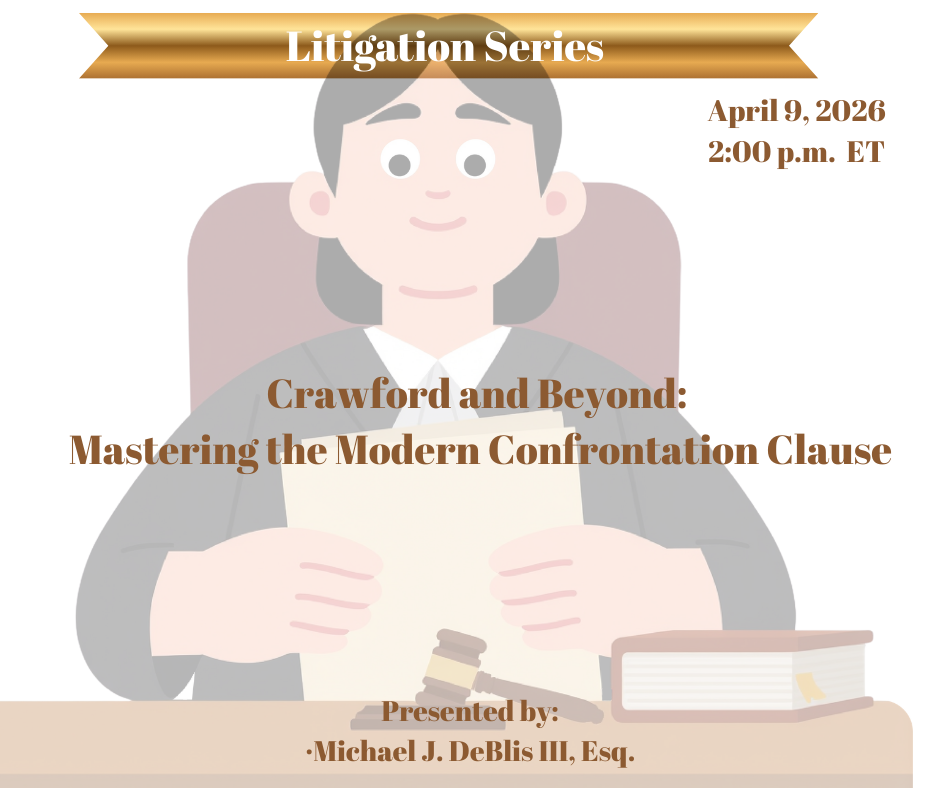
This program provides a comprehensive analysis of the Sixth Amendment Confrontation Clause as reshap...
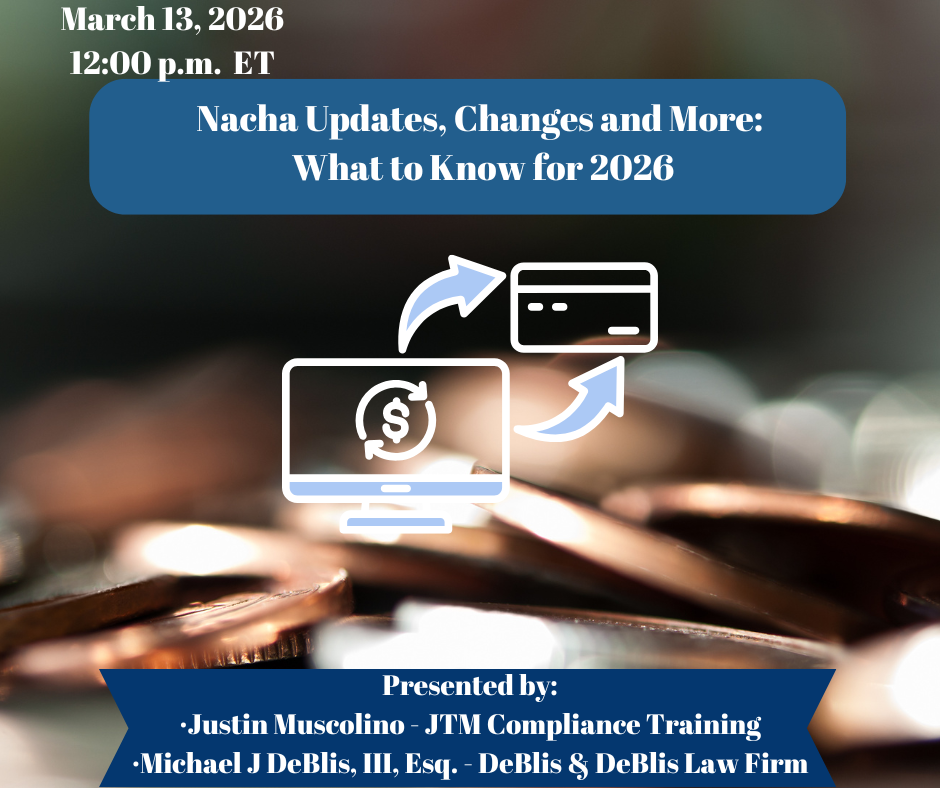
This attorney-focused program reviews upcoming Nacha rule changes for 2026 with emphasis on legal ob...
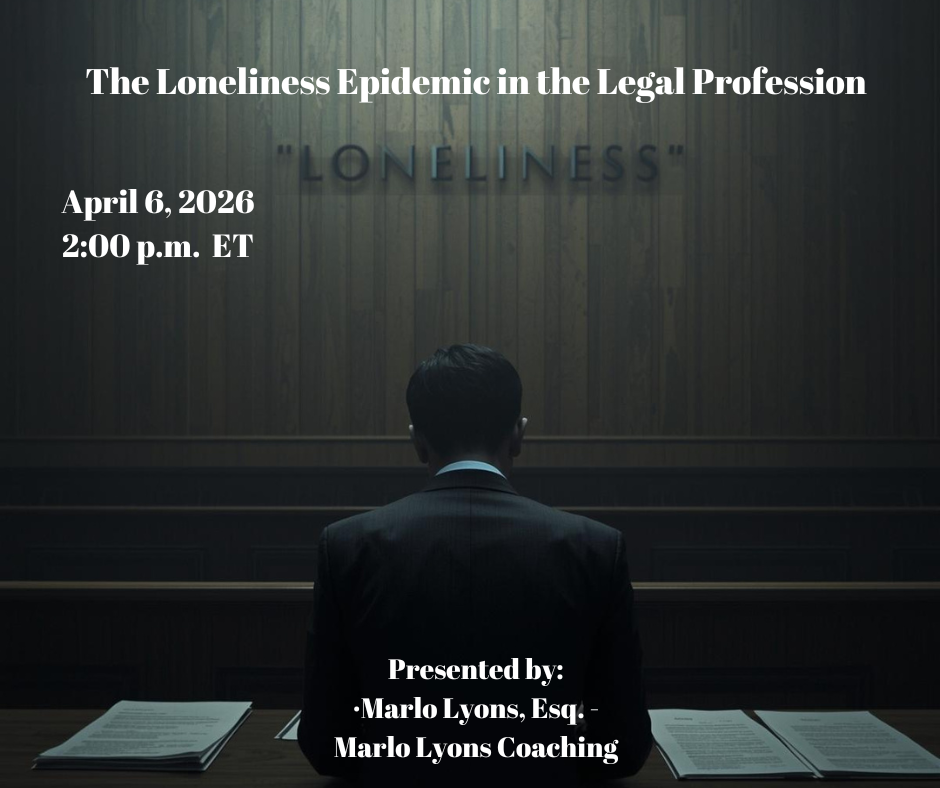
Loneliness isn’t just a personal issue; it’s a silent epidemic in the legal profession t...
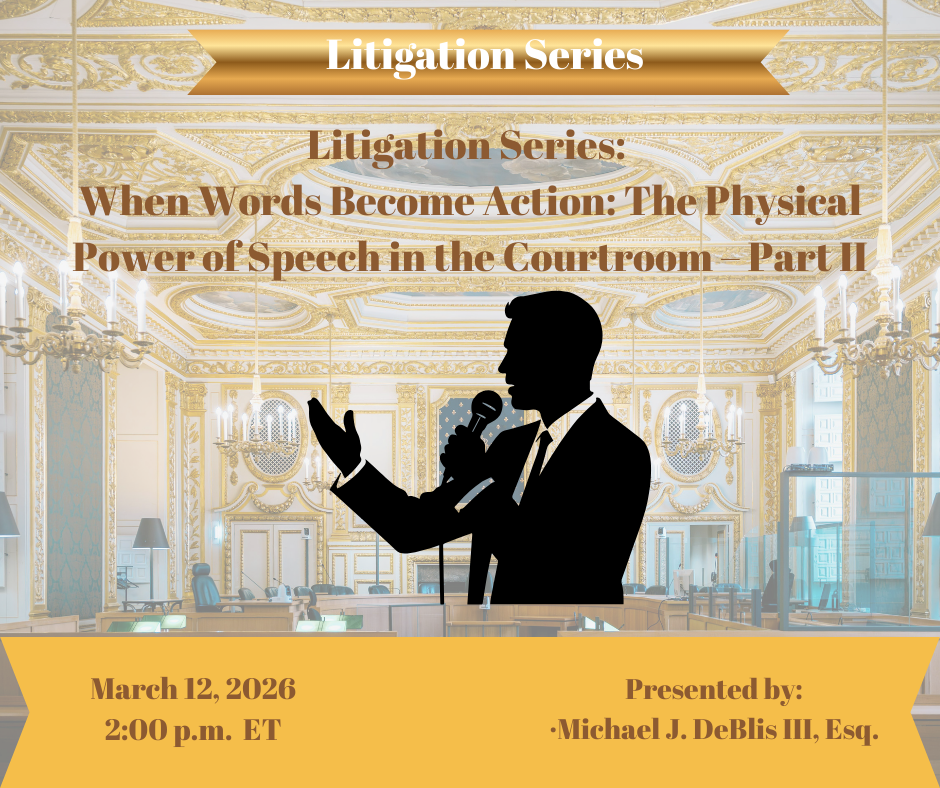
Part II builds on the foundation established in Part I by examining how classical rhetorical styles ...
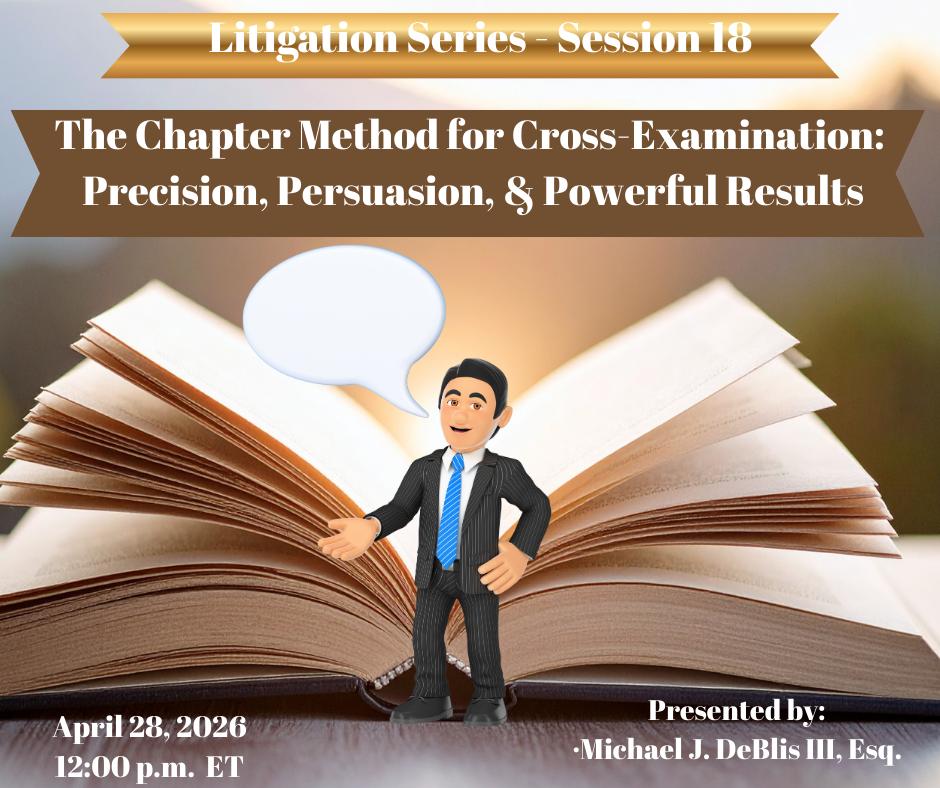
The “Chaptering Your Cross” program explains how dividing a cross?examination into clear...
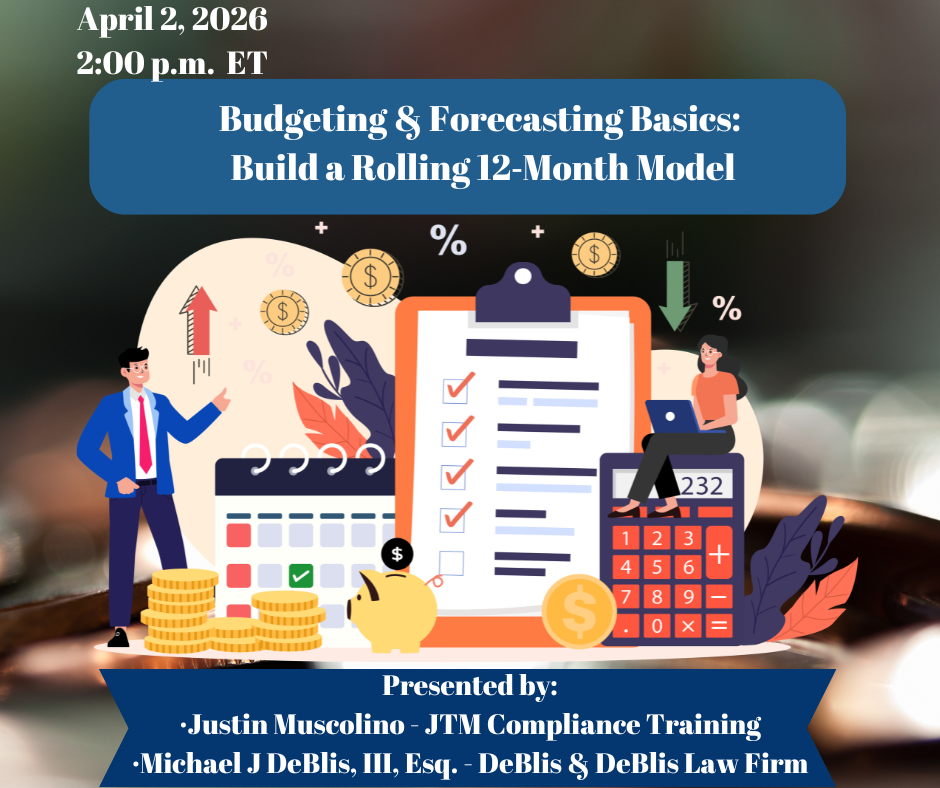
This CLE session introduces attorneys to budgeting and forecasting concepts used in corporate planni...

The landscape of global finance is undergoing a seismic shift as traditional assets migrate to the b...
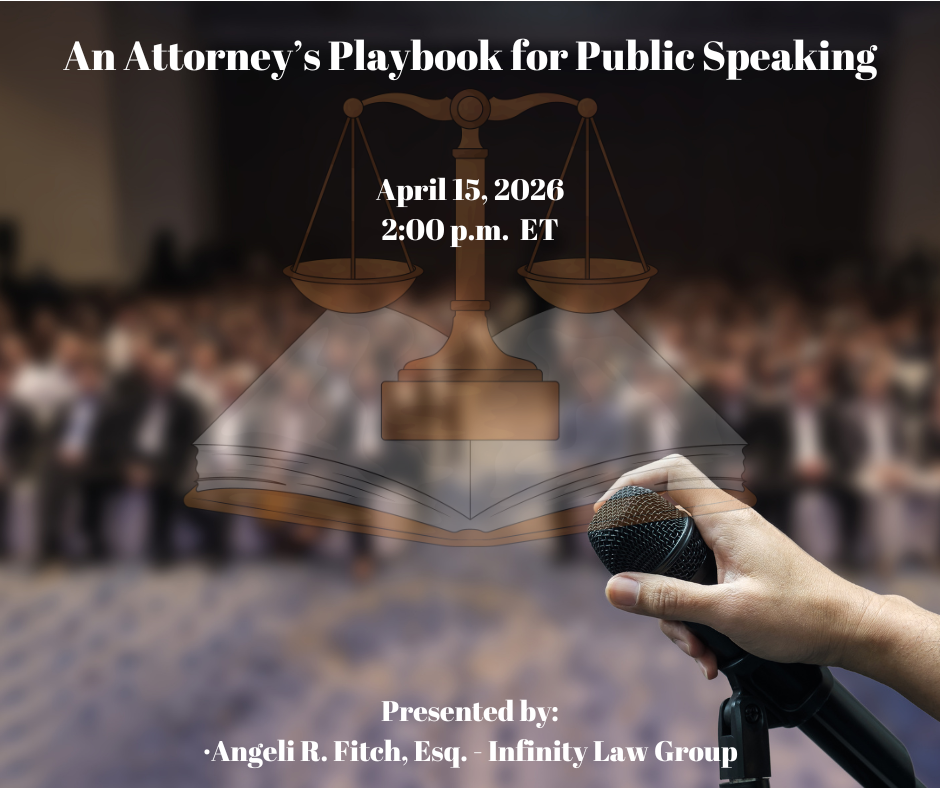
Attorneys are judged every time they speak—in client meetings, depositions, hearings, negotiat...
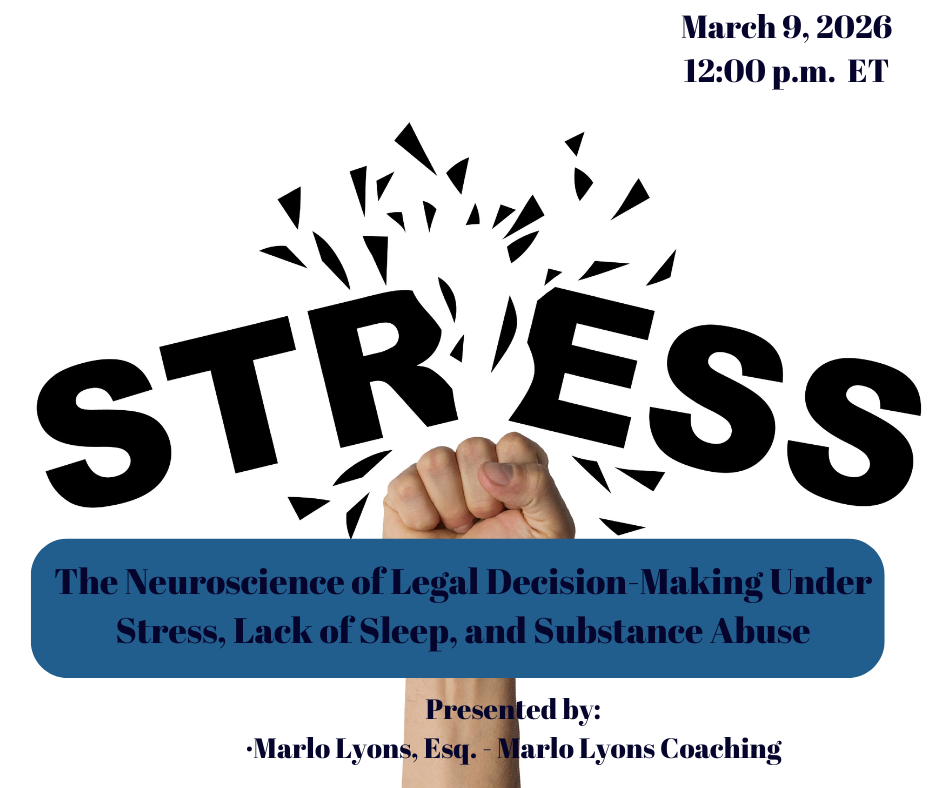
This dynamic and compelling presentation explores how chronic stress, sleep deprivation, and substan...
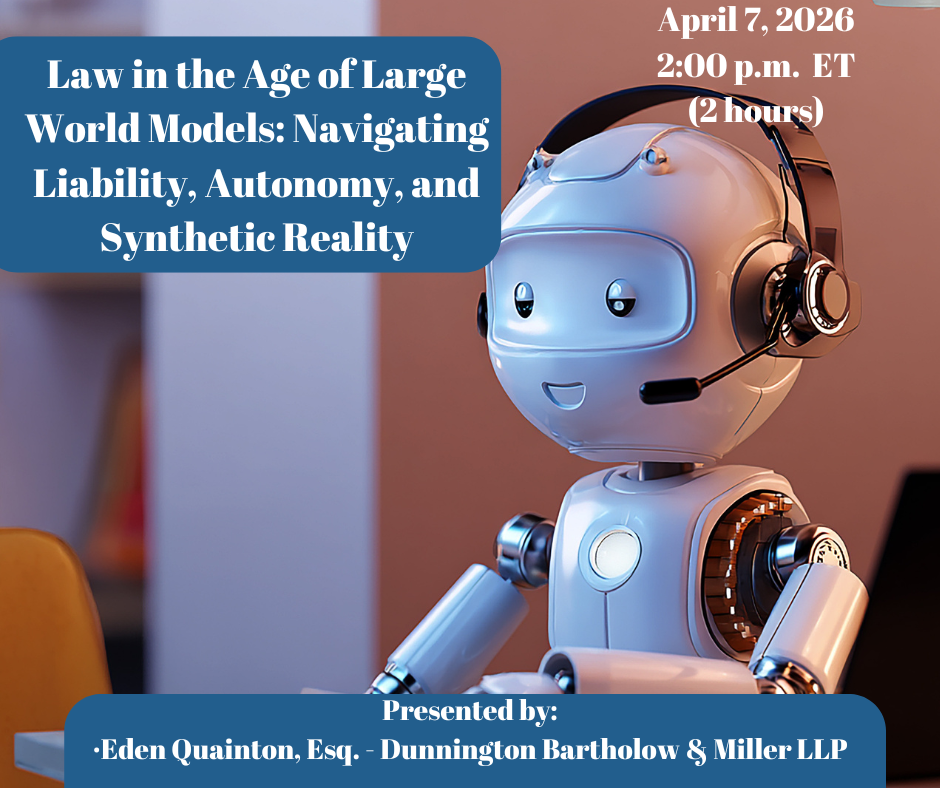
Large World Models (LWMs)— the next generation of AI systems capable of generating...